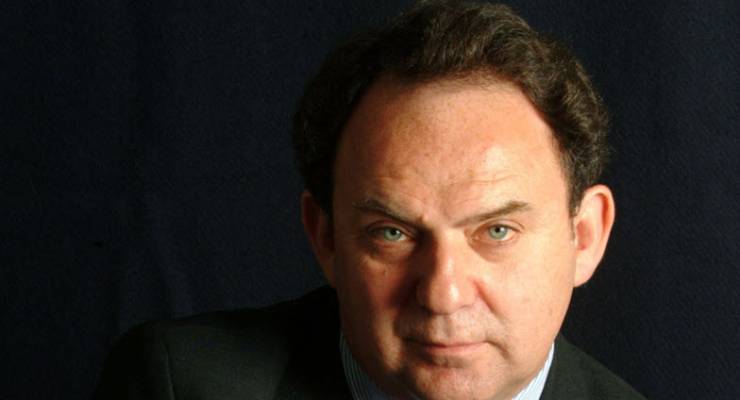
A triple helix of issues with Andrew Jaspan’s leadership of The Conversation created great friction within the ambitious start-up, leading to his resignation last week, sources have told Crikey.
The Conversation announced on Friday that Jaspan would be moving on to a new “Global Academy” project at RMIT. The announcement came after three university vice-chancellors, who ran an inquiry into the strategy of The Conversation, reported their findings to the board.
Jaspan’s personal style, management style and views on the structure of the website combined to wear down management in the Australian outfit, and there was tension between Jaspan and international partner sites, and between Jaspan and external partners, including universities and peak bodies Crikey has been told.
While Jaspan’s single-mindedness and obsession with the site had contributed to its success, these personality traits, which included an unwillingness to cede control to senior management, did not scale well as the project became larger, with more partners and a 24-hour website.
One industry insider told Crikey: “Andrew Jaspan invented one of the best global publishing ideas of a generation, raised millions of dollars in funding from universities and governments and then rolled it out in several other countries — then the staff said they couldn’t work with him anymore. It’s tragic that the only way the idea could keep going was by pushing out the founder.”
Jaspan started The Conversation with the University of Melbourne’s Glyn Davis in 2011, and was primarily responsible for getting university partners to sign up, and for recruiting board members. The site, comprising explanatory pieces by qualified experts and funded by university and philanthropic partnerships, expanded rapidly, with outfits now in the UK, US, France and Africa.
The UK and US boards both declined to renew Jaspan’s board terms once they expired. External partners, including a university peak body in the UK, refused to deal with Jaspan. The increasingly tense situation reached boiling point in September last year, when senior management wrote a letter to the board demanding that he no longer have an active role. An inquiry was held, but no impropriety was found, and Jaspan’s position as editor-in-chief and chief executive was reinstated.
[How The Conversation is slowly taking over the world]
The board was divided over whether to sever ties with Jaspan, and chairman Robert Johanson resigned in December, reportedly saying his position was untenable.
As well as personal relationship issues, Jaspan’s view of The Conversation had been increasingly at odds with that of the international partners. Jaspan wanted the Australian branch to act as the head office, with subsidiaries in other countries. But the partners wanted a federation-style organisation, where each country’s site had autonomy.
As the site got bigger, Jaspan still felt that he could take charge of all the sites, as editor-in-chief, because it was his idea. This attitude particularly grated the international partners, which run as separate entities.
Jaspan refused to comment on questions put to him by Crikey.
In a statement released by The Conversation announcing the resignation, Jaspan said he was proud of The Conversation and was looking forward to his new role.
“I look forward to working with the universities to develop new approaches to the provision of global information informed by an understanding of the cross-border and cross-cultural perspectives of the Global South and North,” he said.
Jaspan left The Age as editor in 2008 as a casualty of mass cuts at Fairfax Media. But it followed a tumultuous four years for Jaspan, which included a revolt by staff where 235 journalists signed a letter accusing him of degrading their ability to produce independent journalism.
The Conversation is now recruiting a new chief executive.








Andrew Rudd?